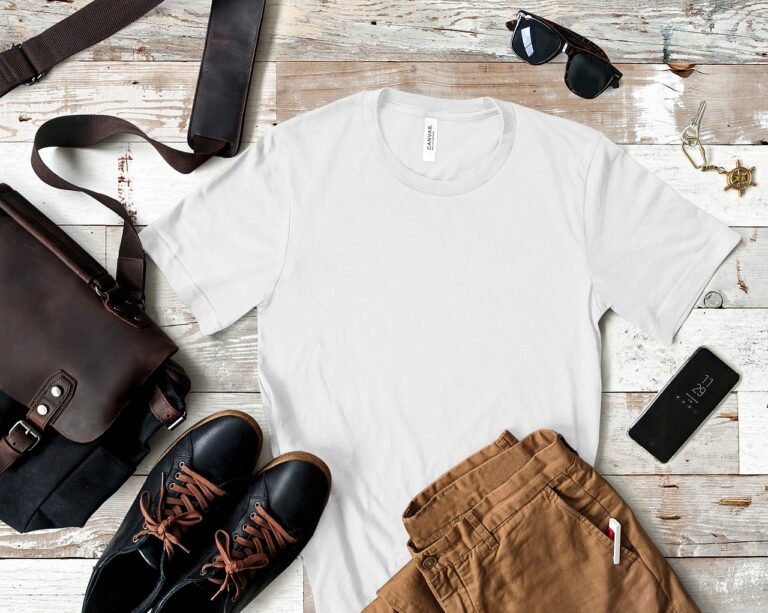Fashion and Social Entrepreneurship: Clothing Brands Addressing Social and Environmental Issues
Sustainable practices in the fashion industry have garnered increasing attention in recent years. Many clothing brands are making conscious efforts to reduce their environmental impact by using eco-friendly materials, implementing ethical labor practices, and adopting sustainable production methods. By prioritizing sustainability, these brands are not only reducing their carbon footprint but also setting a positive example for the industry as a whole.
From small independent labels to large corporations, a growing number of fashion brands are integrating sustainability into their core values. Making strides towards a more eco-conscious approach, these brands are not only focusing on creating stylish and trendy collections but also ensuring that their manufacturing processes align with sustainability goals. By championing sustainable practices, these brands are reshaping the fashion landscape and driving positive change towards a more environmentally friendly industry.
Brands Promoting Fair Trade and Ethical Labor
Many clothing brands today are making significant strides in promoting fair trade and ethical labor practices within their supply chains. By adhering to strict standards and regulations, these brands are ensuring that garment workers are treated fairly and paid a living wage for their labor. This commitment to ethical labor not only uplifts the lives of workers in developing countries but also fosters a transparent and sustainable fashion industry.
Moreover, brands that prioritize fair trade and ethical labor are also fostering a sense of accountability and responsibility within the fashion community. Consumers are increasingly demanding transparency in the supply chain processes of the brands they support, and those that champion fair trade and ethical labor are setting a positive example for others to follow. By promoting humane working conditions and fair wages, these brands are not only making a social impact but also setting a standard for ethical practices in the industry.
Innovative Materials and Eco-Friendly Production Methods
One of the most exciting advancements in the fashion industry is the emergence of innovative materials that are more sustainable and eco-friendly. These materials are often sourced from renewable resources, such as bamboo, organic cotton, and recycled polyester, reducing the environmental impact of clothing production. By incorporating these materials into their designs, brands are able to create stylish and high-quality garments while also minimizing their carbon footprint.
In addition to using innovative materials, brands are also adopting eco-friendly production methods to further reduce their environmental impact. This includes implementing water-saving techniques, such as using laser technology for distressing denim instead of traditional methods that require a significant amount of water. By prioritizing sustainability throughout the production process, these brands are setting a positive example for the industry and demonstrating that fashion can be both stylish and environmentally conscious.
What are some examples of clothing brands that support sustainable practices?
Some clothing brands that support sustainable practices include Patagonia, Eileen Fisher, and Reformation.
How do brands promote fair trade and ethical labor in their production processes?
Brands promote fair trade and ethical labor by ensuring that workers are paid fair wages, providing safe working conditions, and maintaining transparency in their supply chains.
What are some innovative materials that are being used in eco-friendly production methods?
Some innovative materials being used in eco-friendly production methods include organic cotton, recycled polyester, and Tencel, which is made from sustainably sourced wood pulp.
How can consumers support brands that prioritize sustainability and ethical practices?
Consumers can support these brands by purchasing products from them, spreading awareness about their practices, and advocating for sustainable fashion in the industry.







